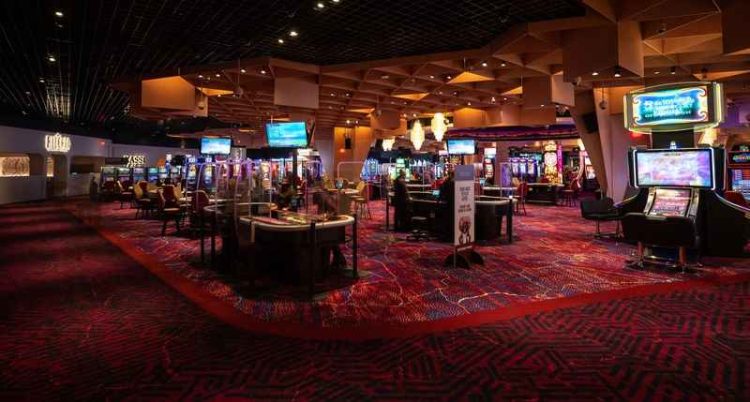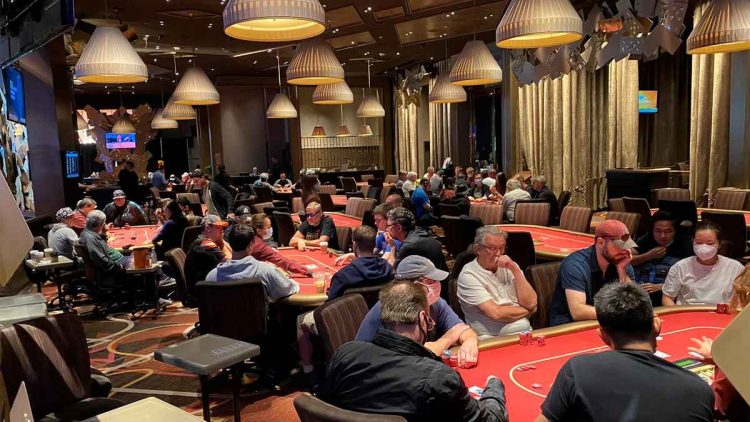Can Anyone Own a Casino in the US?
Owning a casino in the USA is a convoluted topic requiring you to understand the history of casinos in the country and each state’s regulations. Gambling houses date back to the 17th century, as people have always been enticed with the idea of big payouts. The lucrativeness of casino games such as the lottery helped finance the first plantation in the JamesTown Colony.
Over the years, the gambling landscape has changed tremendously, making casino ownership a profitable business. But then, can anyone own a casino in the US? Well, read on as we take you through the intricacies of casino ownership in the nation.
Who Can Own a Casino in the US?
According to the federal laws, anyone can own a casino. However, it all trickles down to the type of casino you wish to open, whether tribal or commercial. The process of owning either of the two types of casinos differs greatly since they operate with distinct regulations.
Owning A Tribal Casino in the USA

Tribal Casino
For many years, tribal casinos have been a crucial cog in the US gaming history. Since the passing of the Indian Gaming Regulatory Act of 1988, or the IGRA, Native Americans have been able to build and operate casinos on their tribal lands.
But first, the law demands that any tribe interested in owning a casino forms tribal-state gaming compacts. Compacts refer to the types of games they wish to offer. The games are classified as Class I, Class II, and Class III games.
Class I titles entail traditional games that occur during ceremonies. In most cases, tribal casinos do not require licenses to offer Class I games. Class II games include keno, bingo, and non-card bank games. Tribes that want to offer these types of games must be regulated by NIGC (National Indian Gaming Commission) oversight.
Since IGRA does not require tribes to enter into tribal-state compacts to offer Class II games, tribal casinos cannot offer gaming solutions if the state law forbids them. Finally, Class III games include slots, roulette, real money blackjack, and other games not in Class I or II. To offer these options, tribal casinos must enter into tribal-state compacts, which the federal government must approve.
Once the compacts are ready, tribal casinos must register with the Bureau of Indian Affairs, with whom they will negotiate the compacts. Additionally, the compacts must be approved by the US Department of Interior before they seek regulation from the National Indian Gaming Commission or NIGC to provide casino gaming services.
At the start of 2020, tribal casinos were able to operate in 29 out of 50 states, with NIGC recording 524 tribal casinos.
Owning A Commercial Casino in the USA
Unlike tribal casinos, commercial gaming houses are built in locations approved by the state and the local government. The local government laws and regulatory oversight dictate the casino’s size and the type of games that can be offered, whether Class I, II, or Class III.
In most cases, the population of the nearest city often determines the casino size. Lastly, the individual or company interested in opening the casino must seek regulation from the state gambling commission. These bodies determine the licenses you need to obtain to open the casino in the region.
They also dictate the rules you must follow when operating the casinos, not to mention the tax remittance procedure. According to the AGA (American Gaming Association) report, there are 465 commercial casinos operating in over 25 states. That includes racinos, land-based casinos, and riverboat casinos.

Commercial Gaming
Key Differences
By now, you should be aware that there are massive differences in owning a casino in the US. In most cases, starting and operating a tribal casino is much easier compared to owning a commercial casino. Each tribe can negotiate compacts with the corresponding state and establish its own operation rules.
That is not the case with commercial casinos, which must adhere to the set rules depending on their local regulatory commission. This has helped tribal casinos thrive over the years, with their revenue peaking at $35 billion in 2019. So far, Oklahoma has the most tribal casinos, with over 140 establishments, while California boasts the highest number of tribes, standing at 68.
Final Thoughts
According to the current regulations, anyone can own and operate a casino in the USA so long as they meet the necessary stipulations, which vary from tribal to commercial casinos. Before opening a casino establishment, confirm whether casino gaming is legal in your state.
After that, decide the types of games you wish to operate. Other checks involved include scrutiny of criminal records, financial stability, and any previous connections to the gaming industry. Transparency and honesty during this process are crucial for a successful application.
With a potent blend of lived experience and technical expertise, Stephen Naumov stands as a distinctive voice in Mr. Sweepstakes's content team. Born in the historic city of Sofia, Bulgaria, Stephen studied economics at New Bulgarian University and also enriched his expertise by becoming a software engineer at the renowned Telerik Academy.




